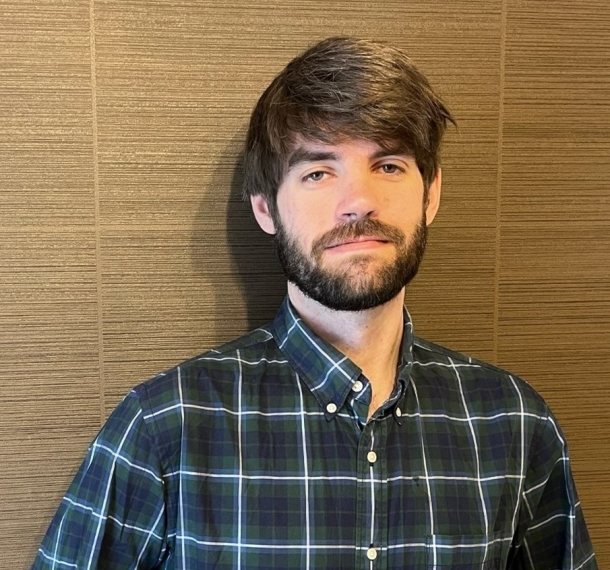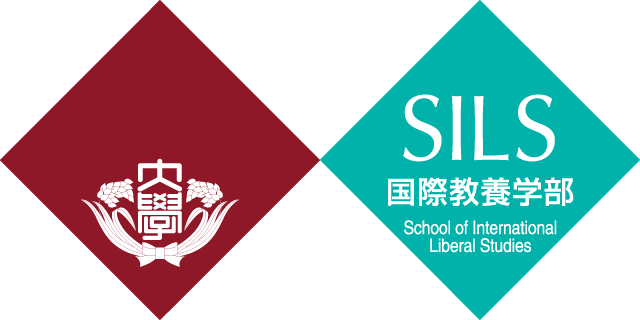- News
- [Introduction of New Faculty Member] STONE, Richard, Assistant Professor
[Introduction of New Faculty Member] STONE, Richard, Assistant Professor
![[Introduction of New Faculty Member] STONE, Richard, Assistant Professor](https://www.waseda.jp/fire/sils/assets/uploads/2022/09/fb06ca7942bf5b548d38846a065d50e6-e1676255466733.jpg)
- Posted
- Fri, 16 Sep 2022

Self-Introduction
I came to Japan about a decade ago in 2013. I had decided to learn about Japanese philosophy and ethics at Hokkaido University as a graduate student. When I first began my studies in Sapporo, this seemed exceedingly natural to me. After all, modern Japan has produced such wonderful thinkers as Nishida Kitaro, Tanabe Hajime, Watsuji Tetsuro, and many others. How could the field of Japanese philosophy not be exciting? One day while talking with a friend of mine in graduate school, however, I ran into a surprising wall. While discussing our studies, my friend merely had to ask me some simple questions in order to destroy my naïve excitement: What exactly counts as Japanese philosophy? Does any philosophy book written in the Japanese language count? Or is there some kind of special rule to determine what is or is not “Japanese enough” to count as Japanese philosophy?
Now, when my friend asked me these questions, I do not think he actually intended to cause me any confusion. Rather, he probably expected a simple answer. And yet, to my own chagrin, I found that I couldn’t answer his queries so easily. This initial confusion led me ponder the question more deeply. What is philosophy? And what on Earth could make it “Japanese”? At first glance, this, may seem like an exceedingly obvious question, but it brings with it many other pressing issues that are not so easy to answer. Didn’t philosophy develop in the “West”? If so, might not philosophy be something unique to the Western intellectual tradition? Or are there some kind of academic standards for us to say that something “is” or “is not” philosophy, regardless of time and location? If so, in what sense can philosophy be “Japanese” instead of universal? Is this fixation on “Japanese-ness” not just an example of Orientalism or Othering remaining in academia? And what about Japan’s Confucian or Buddhist traditions? Are those philosophy or something else? At some point in my time as a Ph.D. student, this issue of what precisely Japanese Philosophy is started to take over as my central research question.

Summer and Winter at Hokkaido University (Credit to Takuya Nomura for photos)
Recent Research Interest
My field of research pertains mostly to the history of ethics and philosophy in modern Japan. Specifically, until this point, I have tried to face the question of what precisely Japanese philosophy is by tracing the history of philosophy as a concept developed in Japan. When I first began my studies on this topic, I found a common narrative went something like this: Philosophy (specifically as Western-style Philosophy, or Tetsugaku) was first “imported” into Japan during the Meiji era (1868~1912) and Japanese authors spent this time trying to translate, understand, and apply Western thought to Eastern society. However, it was not until Nishida Kitaro (1870~1945) applied his vast knowledge of Western thought and experience with Buddhist meditation that an “original” and “Japanese” conception of philosophy was developed. In response to this common description of the history of philosophy in Japan, I have tried to ask critical questions. Was there really no such thing as “philosophy” in Japan before the Meiji period? What makes Nishida so “original” or interesting compared to the authors who came before him? Otherwise, what makes his philosophy so specifically “Japanese”? In the end, what exactly “is” philosophy, anyway?

Exploring Meiji Period History and Architecture at the Aomori Bank Office
In addition to this question, I am also deeply interested in questions relating to selfhood, individuality, and their ethical value. Put simply, I have tried to ask: what is it that makes me who I am? In doing so, I have tried to apply what I have learned studying East Asian history and thought to provide a broader view on the classical philosophical problem of selfhood. Although I have only formally started this line of inquiry recently, I hope to expand on this work and push forward and contribute to new ethical debates as well.
Profile
STONE, Richard
Born in Reno, Nevada in the United States in 1990. Bachelor’s Degree received from University of Nevada, Reno (2008~2012). Master’s Degree (2014~2016) and Ph.D. (2016~2021) in Philosophy and Ethics from Hokkaido University. Worked as Specially Appointed Assistant Professor at Nitobe College (Hokkaido University) from 2021~2022. Current position as of April 2022.
